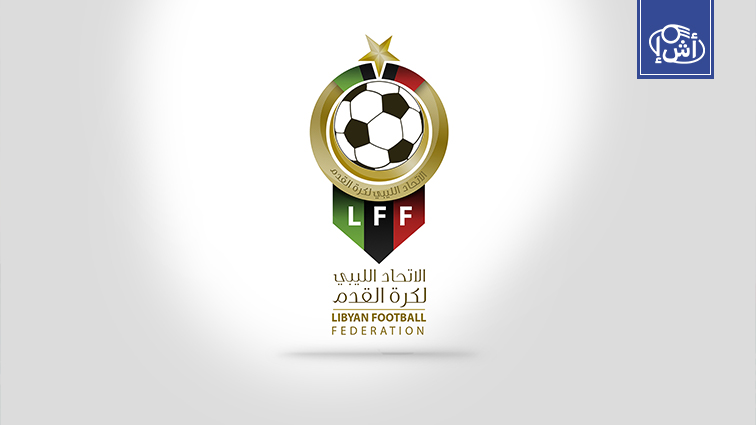The recent ruling by the Confederation of African Football (CAF) has ignited strong opposition from Nasser Al-Suwai’i, the President of the Libyan Football Federation (LFF). The decision imposes a $50,000 fine and results in Nigeria’s forfeiture of three points and three goals due to the controversial circumstances surrounding the delisted 2025 African Cup of Nations (AFCON) qualifying Group D match that was meant to take place on October 15 in Benina. Al-Suwai’i has vehemently criticized this ruling, claiming it is both “unjust and malicious.” He suggests that the Nigeria Football Federation (NFF) wielded undue influence over CAF, which he believes played a significant role in determining the outcome of the case.
The sanctions against the LFF stem from an incident where flights meant to transport the Nigerian national team were redirected to Al-Abraq International Airport. Here, the Super Eagles players and staff reportedly faced an 18-hour delay as Libyan authorities restrained them without access to food and water. This severe breach of protocol led CAF to find the LFF guilty of violating specific articles within the CAF’s regulations, including Article 31 of the 2019 AFCON guidelines along with Articles 82 and 151 of the disciplinary code. The situation has raised concerns regarding player welfare and has brought international attention to the operational challenges faced by the LFF.
In response to the ruling, Al-Suwai’i confirmed that the LFF would be filing an official appeal within hours, labeling the sanctions as unacceptable and retaliatory in nature. The LFF’s leader conveyed that if the appeal does not yield a favorable outcome, they plan to escalate the matter to the Court of Arbitration for Sport (CAS) to defend what they perceive as their rightful standing. This highlights the complexities and conflicts that can arise during international sports competitions, where governance and legal frameworks often intersect with national interests in ways that can lead to significant disputes.
Adding to the confusion surrounding this situation, the Libyan News Agency reported that the Libya FA is celebrating CAF’s decision to lift a previous ban that restricted the national team from playing home matches in Libyan soil. This long-awaited decision came about after the intervention of the Minister of Foreign Affairs and International Cooperation in the Libyan government, Abdel Hadi Al-Huwaij. However, this latest announcement contrasts with the punitive measures recently directed against the LFF, revealing a nuanced backdrop where political influences may be at play in sports rulings.
The implications of these actions are far-reaching for the teams involved, notably for Nigeria, who are in a favorable position with a total of 10 points in the qualifying process, trailing only three points behind Benin Republic. With only two rounds of matches remaining, Nigeria sits on the brink of securing a spot in the upcoming Africa Cup of Nations finals to be held in Morocco. Conversely, Libya finds itself at the bottom of the group with one point, effectively eliminated from contention for the two qualifying tickets available from Group D. This outcome signifies a critical setback for Libyan football, one that may have lasting repercussions on their future international engagements.
The escalating tensions surrounding this ruling exemplify the broader challenges faced by football federations in Africa, as they navigate governance, legalities, and the influence of larger football institutions. The LFF’s commitment to contesting the CAF ruling underscores the potential volatility of international competition and the necessity for transparent and fair adjudication by governing bodies. The situation serves as a reminder of the intersection between sports and politics and the ongoing struggle for equitable treatment in international sporting events.
Ultimately, the events unfolding from this CAF ruling highlight the need for football governing bodies to operate with impartiality and fairness, ensuring that all federations, regardless of their influence or resources, are treated equally under existing regulations. As this dispute develops, it will undoubtedly draw further scrutiny from stakeholders across the continent, emphasizing the vital role of transparency and justice in fostering trust and goodwill within African football.


